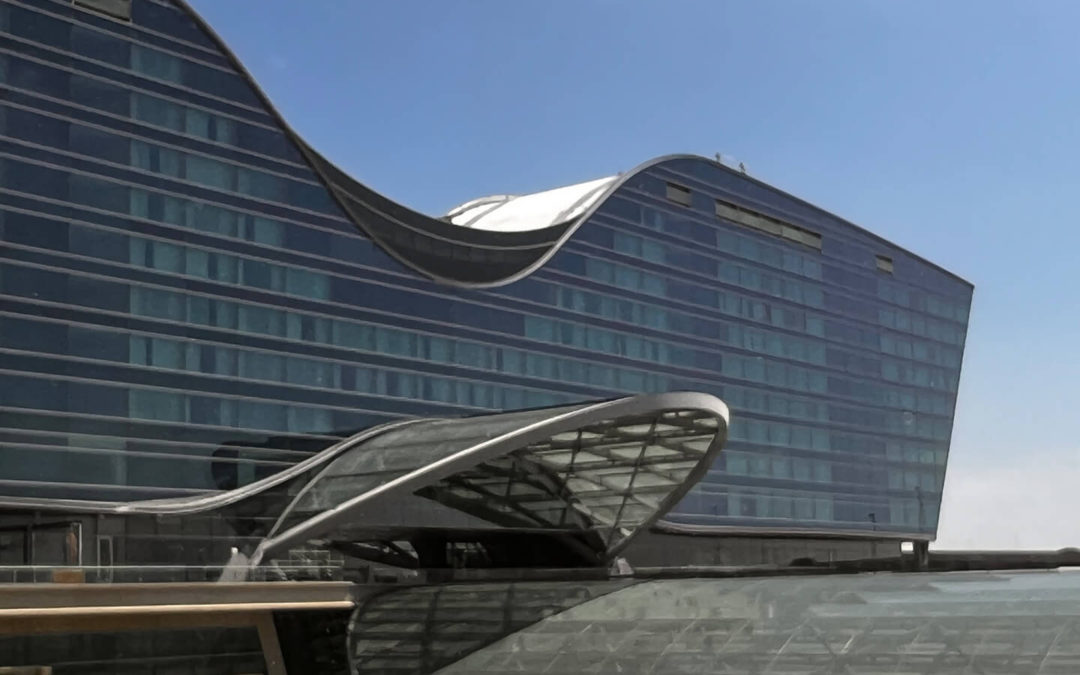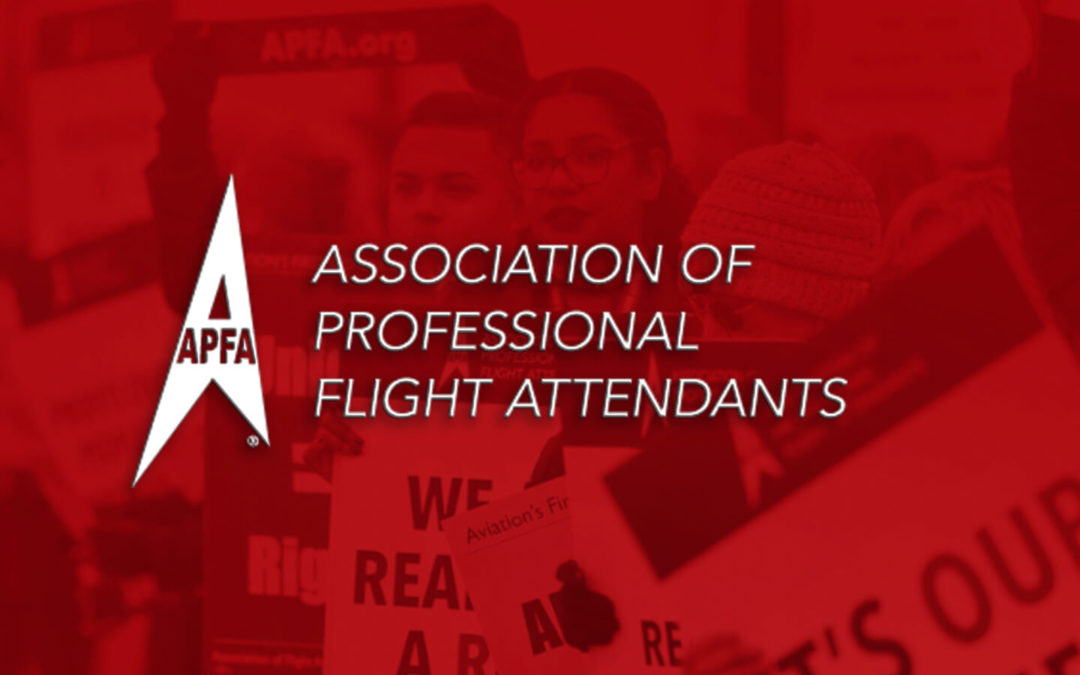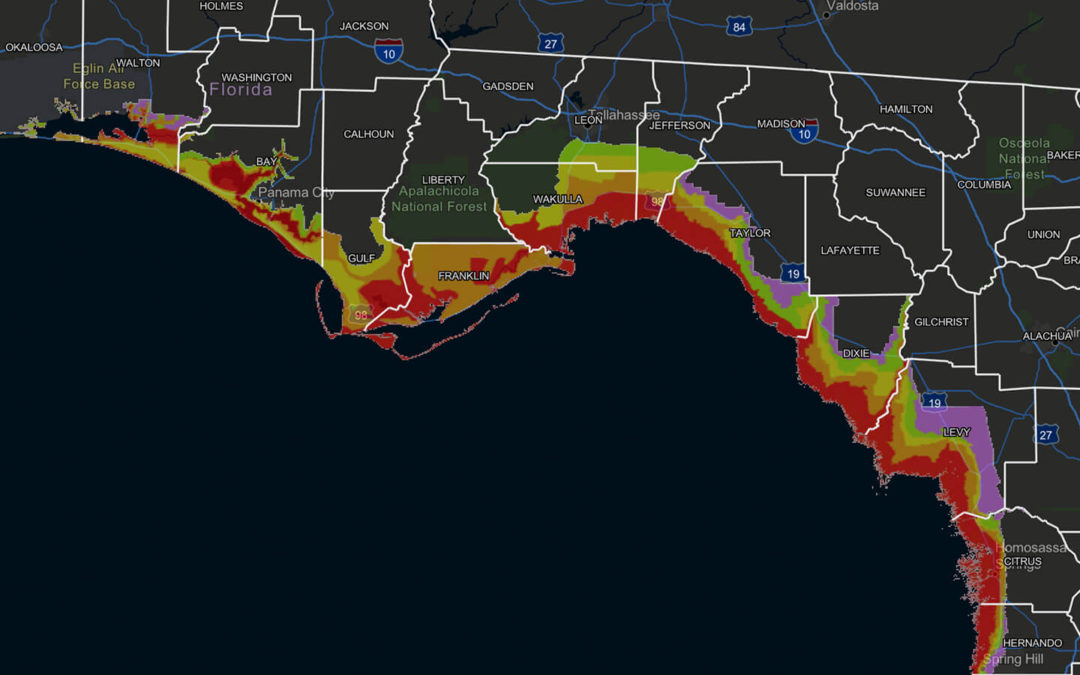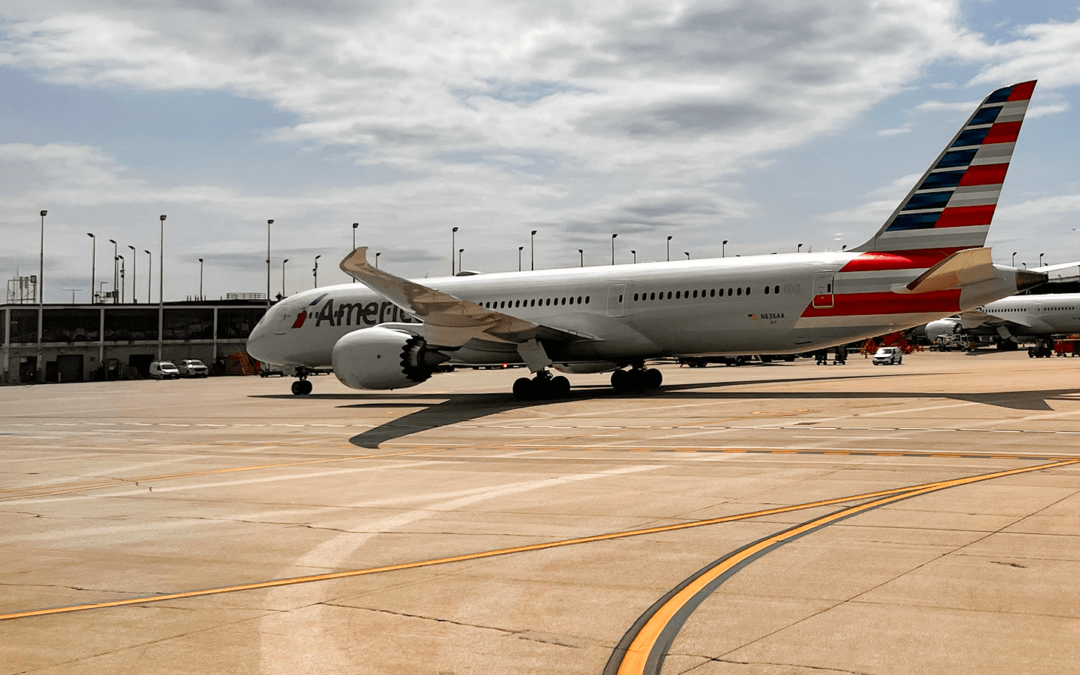
by Eric Price | Sep 8, 2023 | Featured News, Front Page, Other News, Recent News, Recent News, Row 2, United
United Airlines’ Denver Hiring Spree Draws Hundreds from Guam IAM141.org September 8, 2023 United Airlines officials announced today that 460 residents of Guam have relocated to Denver after accepting positions as ramp agents, following a 2-day job fair held on...

by Eric Price | Aug 31, 2023 | American, Front Page, Perusals, Recent News, Row 2
99% Flight Attendants at American Vote to Authorize a Strike IAM141.org August 31, 2023 On Wednesday, the Association of Professional Flight Attendants (APFA) announced that American Airlines’ flight attendants have voted in favor of going on strike if the...

by Eric Price | Aug 30, 2023 | Community Service, Community Service Page, EAP, Featured News, Front Page, Other News, Perusals, Recent News, Row 2, Safety, Uncategorized
Hurricane Idalia Emergency Resources Union Resources Contact your Assistant General Chair or Local Grievance Committee for help accessing the IAM Disaster Relief Fund. Disaster Relief Information Employee Assistance Program IAM141 Community Service Airports are likely...

by Eric Price | Aug 29, 2023 | Front Page, Organizing, Other News, Perusals, Recent News, Recent News, Row 2
The Wage Debate: Why Better Wages Are Good News for Everyone—Even Workers IAM141.org August 29, 2023 We live in a society with the dubious honor of boasting a powerful and activist Managerial Class. This class would love little more than to convince a critical mass of...

by Eric Price | Aug 29, 2023 | Front Page, MNPL, Other News, Perusals, Recent News, Row 2
U.S. Department of Transportation Slams American Airlines With Record Fines for Tarmac Delays IAM141.org August 29, 2023 WASHINGTON – Today, the U.S. Department of Transportation charged American Airlines a $4.1 million fine for breaking the law by repeatedly...






